ATO & BAS Due Dates for Your Diary
Staying on top of your BAS Due Dates and all the other ATO Due dates is essential for a smooth sailing business. As you manage your finances, you need to be familiar with these key dates.
We know, keeping track of these isn’t the most glamorous task, but trust us, it’s crucial for your success and smooth cash flow. To help you stay on top of things, we’ve put together this handy list of key lodgement dates you need to mark in your diary, with a handy PDF at the end 😉 If you’ve got questions along the way, we have a BAS Due Dates FAQ Section at the bottom to help you out.
Remember, this list covers the big ones, but could be additional dates specific to your business type or location, as these relate to Australian businesses. So, grab your calendar and let’s start pencilling in those important dates! Your future self will thank you.

Single Touch Payroll (STP) Final Event
If your business has any payroll throughout the financial year, you need to wrap things up with an “STP Finalisation Event”.
Finalising your STP data lets the ATO know your reporting is complete for each employee for the financial year. This is done through a ‘Final Event’ declaration, which must be lodged by 14 July each year. This covers most businesses, but there are some small exceptions. Check in with your BAS or Tax Agent if you’re unsure.
Superannuation
Super guarantee payments are due quarterly, 28 days after the end of the previous financial quarter. Currently each July the superannuation rate increases. From 1 July 2024 the rate is 11.5%, increasing from 1 July 2025 to 12%. You can check current rates here, and the table below for key super payment dates.
The minimum superannuation guarantee (SG) must be paid, and reach funds on time to avoid the super guarantee charge (more on this below).
| Financial Quarter | Superannuation Payment Due Date |
| 1 July – 30 September | 28 October |
| 1 October – 31 December | 28 January |
| 1 January – 31 March | 28 April |
| 1 April – 30 June | 28 July |
💰If an SG payment due date falls on a weekend or public holiday, ensure your contribution reaches the super funds before the due date.
💰You can opt to make superannuation payments more frequently than quarterly (like fortnightly or monthly), but make sure the total super guarantee contribution for the quarter is paid by the due date. Pay Day Super, expected by 2026, will mandate paying super on the same day as wages, so we encourage making it a habit of more frequent payments, sooner rather than later.
💰Missed or made late super payments? You’ll need to lodge an SGC Statement, detailed below!
Superannuation Guarantee Charge Statement
If you miss the super guarantee payment deadline you are liable for an additional Super Guarantee Charge (SGC). This charge is not tax deductible and only applies if super payments are not made before the quarterly due date. This is paid along with lodging an SGC Statement and is due within a calendar month of the quarterly super due date.
Check out the deadlines below. Even if you’re unable to pay the super, you need to lodge the statement on time. The full process and the statement template are linked here.
| Financial Quarter | Super Was Due | SGC Due Date |
| 1 July – 30 September | 28 October | 28 November |
| 1 October – 31 December | 28 January | 28 February |
| 1 January – 31 March | 28 April | 28 May |
| 1 April – 30 June | 28 July | 28 August |

Activity Statements – BAS Due Dates
Quarterly Lodgements
For businesses with an annual GST turnover of less than $20 million, you’ll need to lodge a BAS quarterly to report and pay GST.
If you’re an employer with PAYG Withholding amounts below $25,000 per year (tax deducted from your employee’s wages), you report and pay the tax you withheld quarterly using an Instalment Activity Statement (IAS).
When you DIY your own quarterly BAS or IAS lodgements, they’re due on the 28th day of the month after the quarter ends. If we here at Accounted For You (as a BAS Agent), take care of your lodgements, you get an extra month after the original due date.
| Financial Quarter | BAS / IAS Due Date | AFY BAS / IAS Due Date |
| 1 July – 30 September | 28 October | 25 November |
| 1 October – 31 December | 28 February | 28 February |
| 1 January – 31 March | 28 April | 25 May |
| 1 April – 30 June | 28 July | 25 August |
Monthly BAS/IAS Statements
If your GST turnover hits $20 million or more, you handle GST monthly via a Business Activity Statement (BAS). Your monthly BAS is due by the 21st of the month following the period’s end. For example, a July monthly BAS is due on 21 August.
If you’re an employer managing PAYG Withholding (tax deducted from your employee’s wages) from $25,001 to $1 million yearly, you report and pay monthly via an Instalment Activity Statement (IAS).
| Month | Monthly BAS / IAS Due Date |
| July | 21 August |
| August | 21 September |
| September | 21 October |
| October | 21 November |
| November | 21 December |
| December | 21 January* |
| January | 21 February |
| February | 21 March |
| March | 21 April |
| April | 21 May |
| May | 21 June |
| June | 21 July |
* December monthly BAS for businesses with less than $10 million turnover reporting GST monthly, and lodging electronically through a BAS/Tax Agent have until 21 February.
Annual BAS Lodgements
If you’ve voluntarily registered for GST and your turnover (sales) is under the $75k threshold, you can choose to lodge & pay your BAS annually.
The annual BAS is due each October 31. If you aren’t required to lodge a tax return, the due date shifts to February 28 the following year.
Remember to save through the year for any GST you may need to pay!

Taxable Payment Annual Report
If your business operates in industries like Building & Construction, Cleaning, Courier Services, Information Technology or Security, you need to submit a Taxable Payment Annual Report (TPAR). The industries needing to lodge this report are growing, check here to see if your business is included.
Due annually by 28 August, the TPAR details payments made during the previous financial year. The best part of this report? No payment is needed, you’re simply reporting on payments already made within these industries to relevant contractors.
Income Tax
If you use a Tax Agent to prepare your tax returns, you typically have until 15 May to lodge and pay any associated income tax for the previous financial year ending 30 June.
However, some businesses might need to lodge an income tax return earlier under certain circumstances, as explained below. Please note, Income Tax due dates are not included in our PDF calendar.
| Lodgement Due Dates | Entity Applicable |
| 31 October | – Individuals, entities and trusts, with any outstanding returns as of 30 June. – If prosecuted for not lodging prior year returns, and have been advised 31 October. – Entities who are required to lodge early |
| 1 December | – Entities who are not full self-assessment (NFSA) tax payers. |
| 31 January | – Large and medium trusts/entities with annual total income more than $10 million in the latest lodged year, where the trust had a taxable status in the same year. |
| 28 February | – Large and medium trusts with an annual total income more than $10 million in the latest lodged year, where the trust was not subject to taxation in the same year. – Newly registered large and medium trusts/entities. |
| 31 March | – Individuals and trust with a tax payable of $20,000 or more from their latest return, excluding large and medium trusts. – Entities with a total income of more than $2 million, unless required earlier |
| 15 May | – All other individuals and trusts not required earlier and not eligible for a 5 June concession. |
Some of these BAS Due Dates may vary depending on individual cases, and there are additional types/dates not listed here. Always consult with your trusty Tax Agent for your specific due dates. Also note these dates refer to lodgement due dates only, payment dates may be later than lodgement in some instances.

Looking for help to stay on top of all the important ATO & BAS Due Dates? Our tailored bookkeeping services are designed to provide peace of mind, and free up your time to focus on scaling or growing your business. Book a discovery call with us to explore how our reliable team of bookkeepers can support you.






